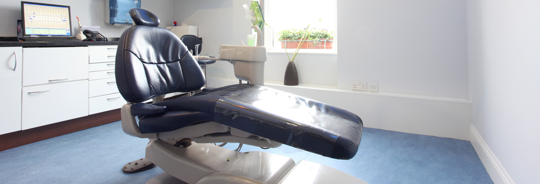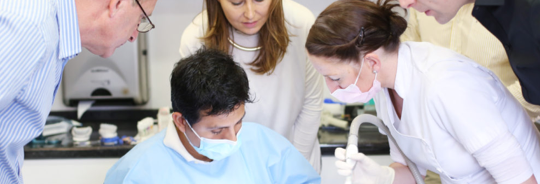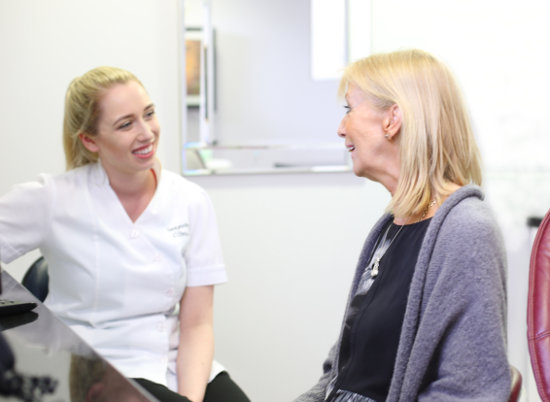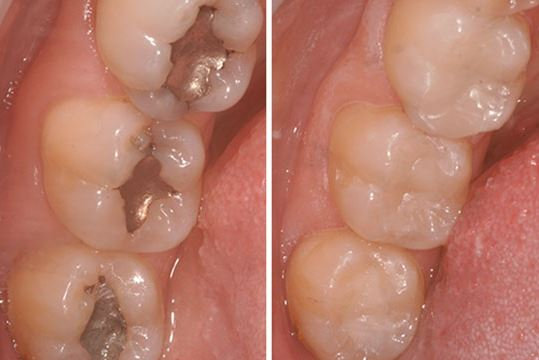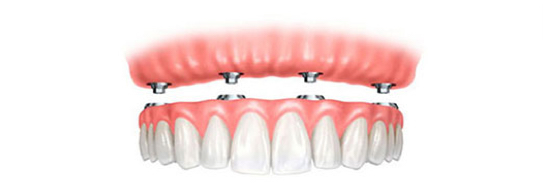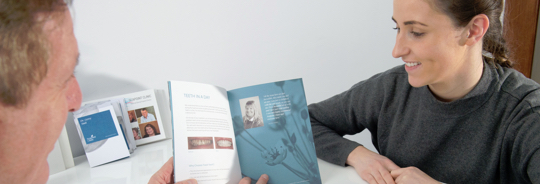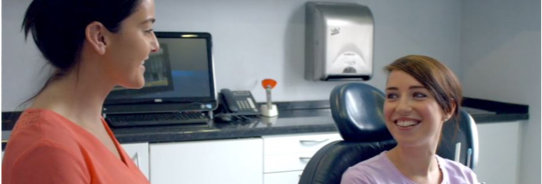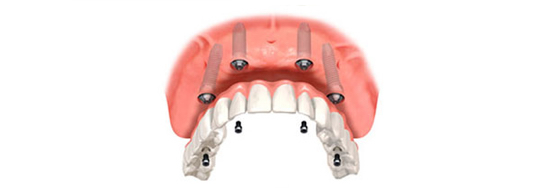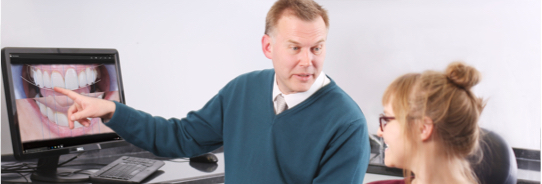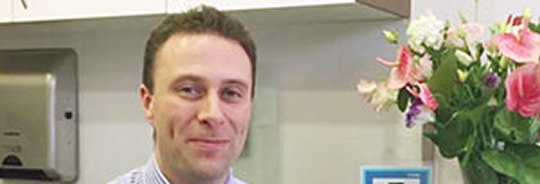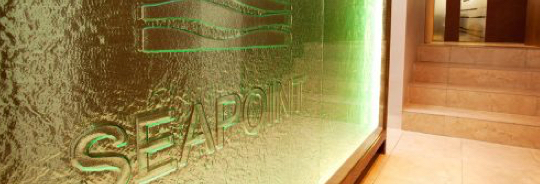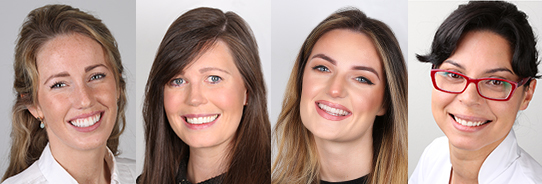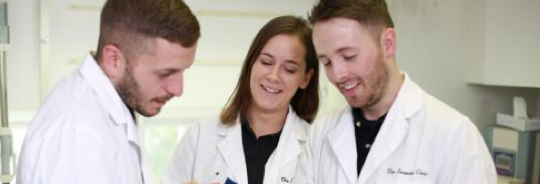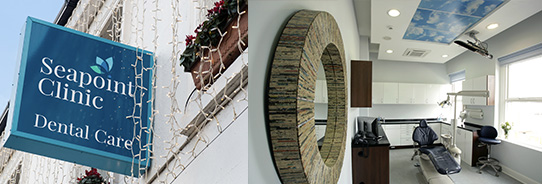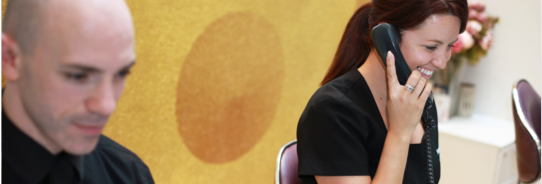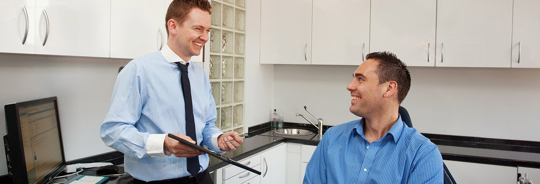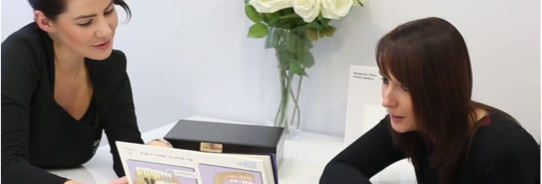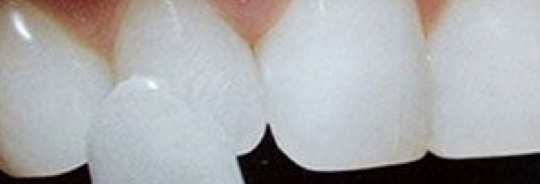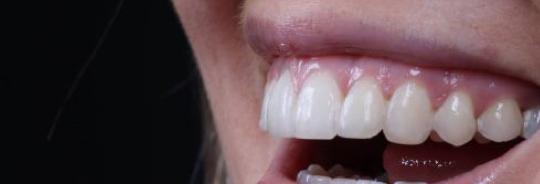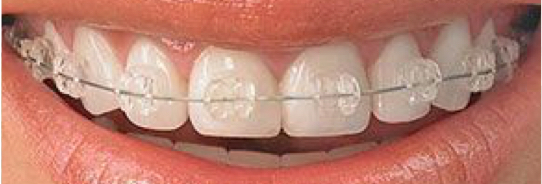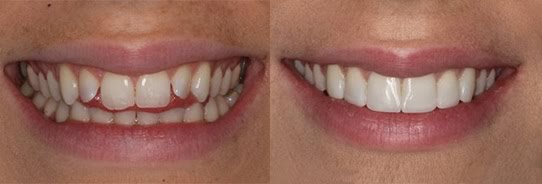
Blog
We post all the latest information here regularly so it's always up to date for you. If there is a topic you would like to have us cover please ask.
12 May 2021
Who should I get to place my implants?

Dental implants can be very easy and they can be exceptionally difficult. There is nothing as valuable as experience in dental implants. Some courses can be completed in universities in which you qualify as a specialist and may only have placed 10 implants.
Other courses can be done in South American countries where 50 implants can be placed over the course of a few days.
Qualifications:
There are many courses available around the world which are of varying quality. Some are unstructured and involve placing a manufacturer’s implants on a replica of a jaw. Ideally a surgeon will have completed structured courses over a period of time which involve hands on training and mentoring from highly experienced surgeons.
Full time surgeon:
Does your surgeon fly in and fly out of the clinic or are they based locally? If there is a problem afterwards it’s good to know your surgeon has the back up required.
Facilities:
When choosing your clinic it is important that the clinic meets a number of key elements.
CT scanner:
This is a must for modern implants. Without a CT scanner the dentist cannot know what the bone is like and cannot flag potential problems. It’s amazing how often a CT scan will show something that isn’t clear on other x-rays such as a defect in the bone that would otherwise mean needing to abandon the implant placement. A CT reduces the chance of complications for you as a patient. With modern machines the dose is also dramatically lower than even 5 years ago.
Piezosurgery:
There is no more gentle way to place an implant than using piezosurgery. This is a small vibrating tip which is cooled with water which gently re-moves bone and doesn’t damage soft tissues. It reduces the risk of nerve injury when placing dental implants and is essential for sinus grafting.
Variety of Implants:
There are some implants which may be suitable for different situations. If you are lacking bone in particular some surgeons may tell you it cannot be done when with another dentist and another system it can.
Laser:
A laser is useful for treating infections which may be present after the removal of a tooth and for treating infection, which can develop around implants in a small number of cases.
Laboratory:
When placing dental implants, often teeth will be taken out and most people would like to have a temporary replacement on the same day. A large clinic will often have an onsite laboratory so that the temporary teeth can be fitted before you leave. Some other clinics will need to send out the teeth for manufacture. This means you could be left missing a tooth or teeth for some time.
Sedation:
It is important for many people to have sedation for dental implants as it makes the experience much more pleasant. Check with your facility about what sedation they offer.
Monitoring:
It is crucial that when sedated you are monitored correctly to ensure there is minimal risk to your health. Check that your clinic correctly monitors your vital signs during sedation procedures. We constantly monitor oxygen levels and heart rate during sedation procedures.
Recovery Area:
If you have had implants and sedation you don’t want to be rushed out the door. Make sure your clinic has adequate recovery facilities so you can stay until the appropriate time for you.


